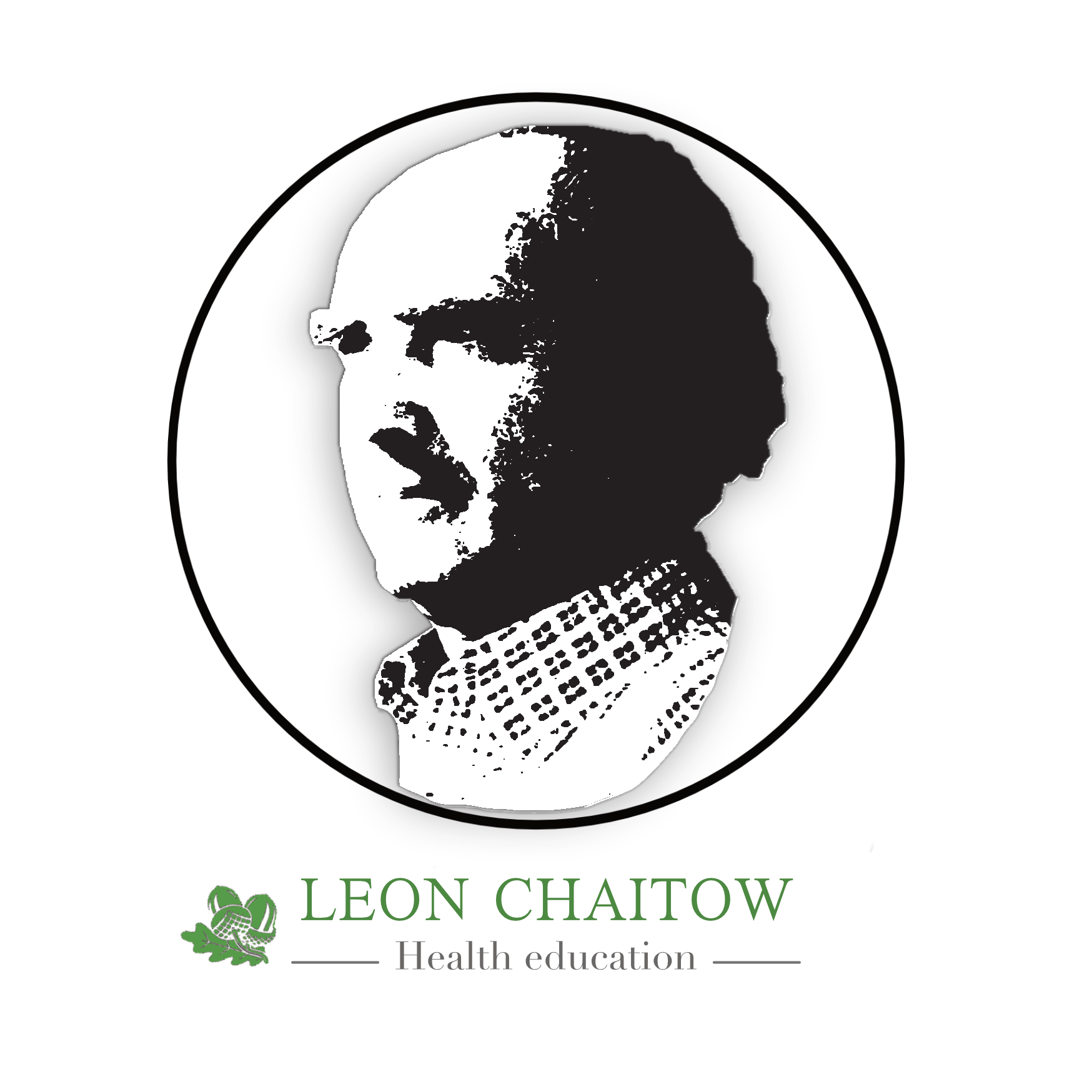 Hypericum – St.John’s Wort
Hypericum – St.John’s Wort
This is a brief posting as time pressures are reducing my opportunities to detox via this superb medium.
I am writing this because this morning’s news from the BBC regarding antidepressant use was really upbeat, from my perspective, since it highlights just how unreliable are many of the claims made by the pharmaceutical companies.
The headline was to the point: “Anti-depressants’ ‘little effect’.
It continued to state that research at the University of Hull has shown that anti-depressant prescription rates have soared, but that ‘new generation anti-depressants’ offer little clinical benefit for most patients.
The researchers concluded that the drugs actively help only a small group of the most severely depressed.
To no-one’s surprise the makers of Prozac and Seroxat, two of the commonest anti-depressants, have announced that they disagree with the research findings.
This furore coincides with Alan Johnson, the current Health Secretary, announcing that 3,600 therapists are to be trained during the next three years, in England, to increase patient access to talking therapies, which ministers see as a better alternative to drugs.
Well if not better, probably safer?
In light of the current witch-hunt against aspects of complementary health care in general and homeopathy in particular, a comment by the Lead Hull University researcher, Professor Irving Kirsch, is particularly pertinent: “The difference in improvement between patients taking placebos and patients taking anti-depressants is not very great.”
Perhaps the BBC should consider deleting all mention of conventional medicine from their website, just as they have done in relation to complementary health care, until the vast majority of current medical methods – mostly based on modest (or ‘selective’) evidence at best – come through with verifiable evidence?
The bureaucratic decision to eliminate all mention of complementary health care from their website (apart from the odd current ‘news’ piece) is blamed by BBC executives on ‘economic considerations’, which is pretty laughable (in fact is far funnier than much that passes for comedy on the BBC nowadays).
The truth is that this public service organisation, that increasingly appears to follow Stalinist ‘top-down’ centralised thinking, and which devotes much of its’ news programmes to politically correct social issues (think ‘nanny state’), has – I strongly believe – no right at all to simply cut material from its website based on a campaign by ‘quack-busters’, so ignoring over 20% of the British public who support and utilise complementary health care on a regular basis.
A backlash will doubtless emerge, and in due course the BBC will, I believe, back down – willingly or unwillingly.
I base this observation on 50 years of watching quack-busters in action. See an earlier blog posting on just this topic.
In an earlier posting I also discussed aspects of placebo power, and hope that the distinction is as obvious to you as it is to me, between a safe and an unsafe placebo use. If powerful drugs, marketed as antidepressants, are ineffective for most individuals, or are only effective as placebos, then safer inert substances that can do no harm, should be used instead…. or perhaps (dare I say this) safer herbal products such as St.John’s Wort (hypericum) should be prescribed?
To be sure hypericum has also been shown in a 2002 study to offer benefit in severe depression that is no more effective than placebo in some respects, but better than placebo in others: “Although sertraline produced no greater effect than placebo on the primary measures, it fared better than placebo on the Clinical Global Impressions-Improvement scale and produced results consistent with its known benefits.”(Hypericum Depression Trial Study Group. Effect of Hypericum perforatum (St. John’s wort) in major depressive disorder: a randomized, controlled trial. JAMA, 2002; 287:1807-14)
…. and, just as in the Hull research, mentioned above, the study methodology and the interpretation of the findings by the researchers of the 2002 (hypericum) study have been criticized as flawed and misleading.
Some things never change….but at least we know a little more about anti-depressants now!
